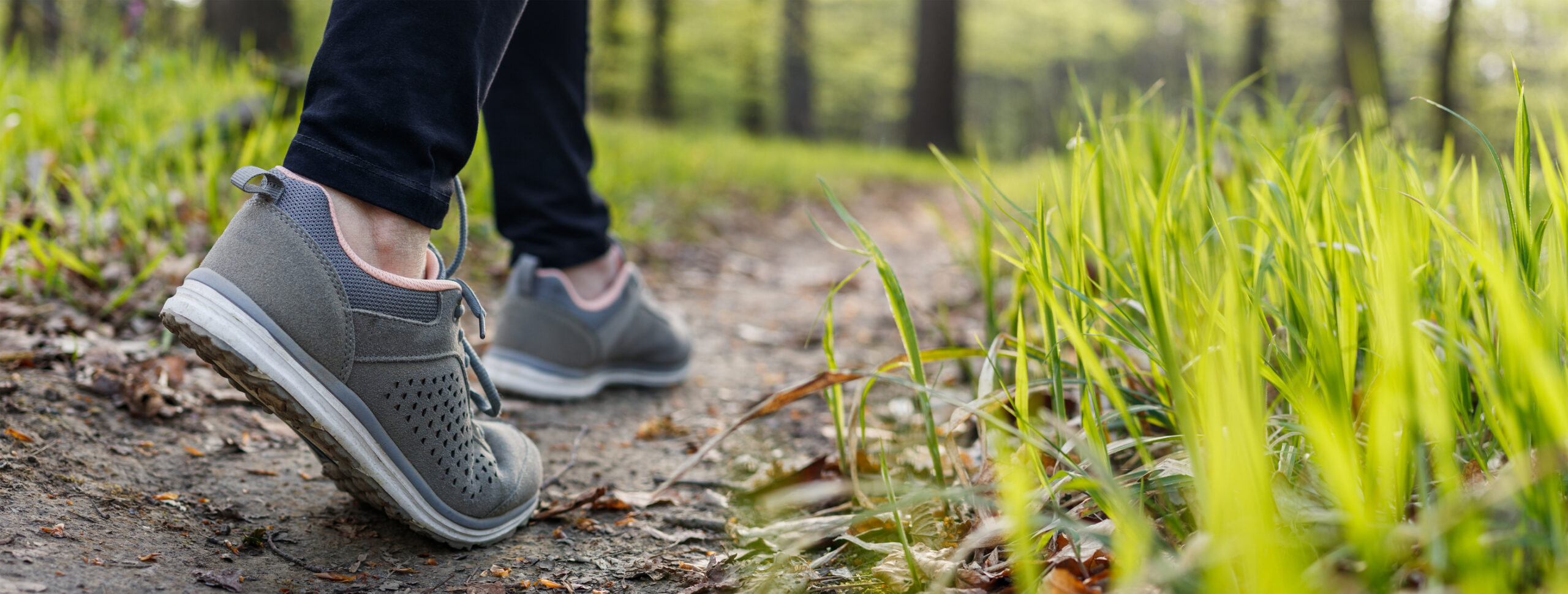It’s a serious condition and being told we have it can be daunting. The good news is, even after diagnosis, we can help our bodies to reverse the condition by making lifestyle changes.
It’s largely preventable with lifestyle choices. It used to be called adult onset diabetes but it’s increasingly diagnosed in younger people too.
What is diabetes type 2?
The pancreas creates insulin, a hormone which is responsible for controlling the amount of glucose (sugar) in our blood. Insulin is essential as it allows the glucose in our blood to enter our cells and fuel our bodies. Diabetes type 2 is a condition that causes a person’s blood glucose (sugar) level to become too high.
How do we get it?
Being overweight and inactive can contribute to developing type 2 diabetes. Carrying weight around our middles (visceral fat) means fat can build around our vital organs like the liver and pancreas. This makes it harder for them to work properly and leads to diabetes type 2. Other risk factors which influence how well your liver and pancreas work and where we store our fat include age, family history and ethnicity.
Can it be cured?
There’s some debate about whether it can be completely cured. Leading charity, Diabetes UK suggests the term ‘remission’ is used instead of ‘cure’ because diabetes type 2 can return.
Lifestyle changes we can make to encourage our condition into remission —that is glucose levels in the ‘normal’ range and not requiring treatment — include:
Weight loss. There’s strong evidence to show it can be put into remission by weight loss. Excess fat in our bodies can affect the production of insulin and how it’s used. If we’re obese, losing 15kg as quickly and safely as possible after diagnosis increases likelihood of putting it into remission. It’s vital you do this with the guidance of your healthcare professional who can advise you. A healthy, balanced diet includes:
- Reduced calories, especially those from carbohydrates which play havoc with glucose levels
- Healthy fats like oily fish, avocados and olive oil
- A variety of fruits and vegetables
- Wholegrains, beans and pulses
- Lean proteins like chicken and fish
- Limited alcohol, sweets and junk foods
Exercise. Increasing our activity and fitness levels helps in a number of ways. More muscle mass burns more calories and helps us to lose weight. Also, when we exercise our insulin resistance goes down meaning cells use glucose more effectively. It even helps to lower our blood pressure.
Mindfulness and good sleep will also promote wellbeing by helping lower our stress levels. You might also find it easier to remain motivated to reach your ambitions when you’re well rested.
Regaining control of our blood sugars, losing weight and overhauling our lifestyle will take a while. Be kind to yourself as you journey towards health and vitality, accepting there will be challenges along the way.



